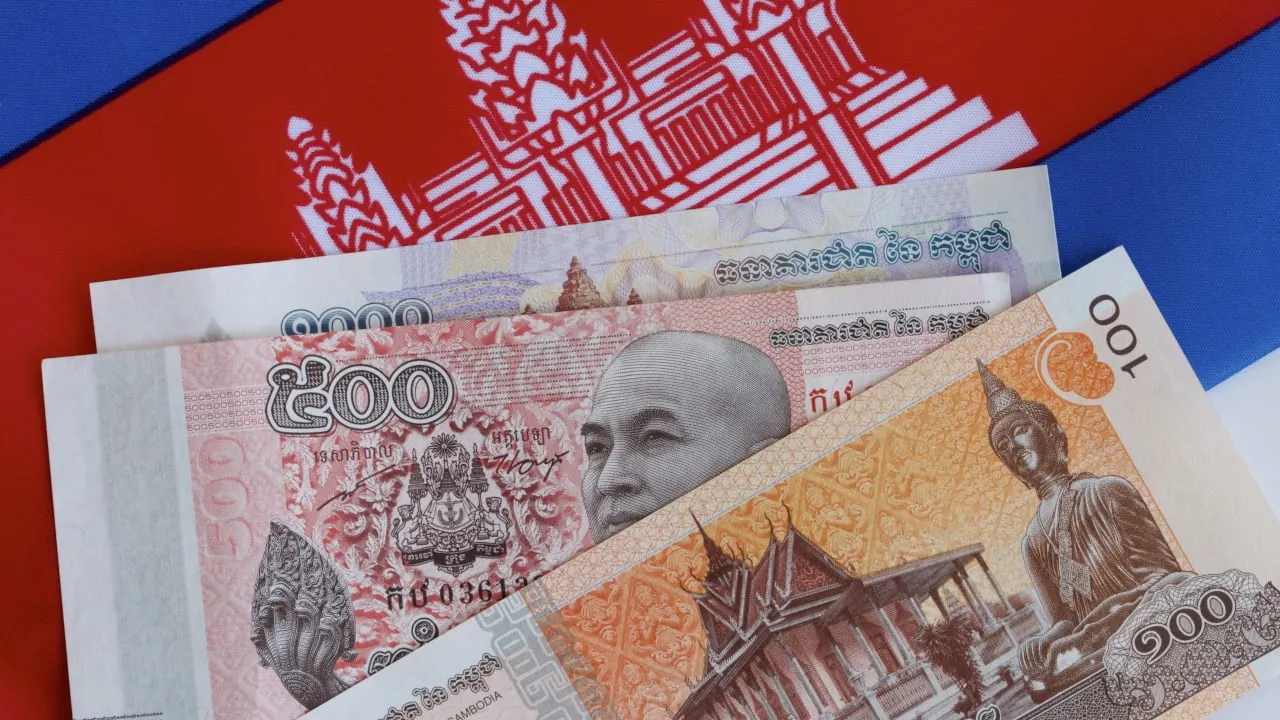Online marketplace Huione Guarantee has facilitated transactions worth at least $11 billion for crypto scam operators in Southeast Asia, according to blockchain analytics firm Elliptic.
Huione operates like a darknet marketplace, facilitating cyber scams in Southeast Asia. The marketplace operates through thousands of instant messaging app channels, each run by different merchants, and predominantly uses the USDT stablecoin for payments, a Wednesday report by the firm said.
"When blockchain analysts choose to publicize their findings without engaging directly with us, it limits our ability to act swiftly to freeze illicit activities linked to our stablecoins," a spokesperson for Tether told Decrypt. "This becomes a bystander effect, where individuals observe wrongdoing but choose to record it for social media engagement and notoriety."
Huione is operated by Huione Group, a conglomerate with ties to Cambodia’s ruling Hun family. The group’s illicit activities extend beyond the marketplace, with another business, Huione International Payments, implicated in laundering scam proceeds globally.
Elliptic has labeled hundreds of crypto addresses associated with Huione's activities to aid exchanges and law enforcement in combating these scams.
Huione, part of the Cambodian conglomerate Huione Group, is allegedly a hub for "pig butchering" scams, the firm said.
These scams involve fraudsters developing online relationships with victims and persuading them to invest, only to siphon funds from their victims. Other scams include Ponzi schemes, impersonation frauds, and sextortion, the blockchain analytics firm said.
Elliptic's investigation also ties Huione to transactions involving money laundering services, technology, and data essential for executing these scams.
One of the directors of Huione Pay, a subsidiary of the group, is allegedly Hun To, a cousin of Cambodian Prime Minister Hun Manet. Hun To has faced allegations of heroin trafficking and money laundering by Australian authorities and is linked to organized crime in China.
A spokesperson for the Prime Minister’s office in Cambodia did not immediately return a request for comment.
The report also highlights severe human rights abuses related to their activities.
Scam compounds, primarily in Myanmar, Laos, and Cambodia, resemble prisons where trafficked workers from China, Vietnam, and the Philippines are forced to perpetrate those schemes under harsh conditions.
These workers are often subjected to torture, and some have reportedly resorted to suicide, per the report.
Elliptic identified advertisements on Huione for equipment used to control and punish these workers, including electric batons and electronic shackles.
The true volume of illicit transactions is likely higher due to merchant turnover and incomplete data on crypto wallets, Elliptic said.
Editor's note: This story was updated after publication to add comments from a Tether spokesperson. The headline and sub-headline were also edited for clarity.





